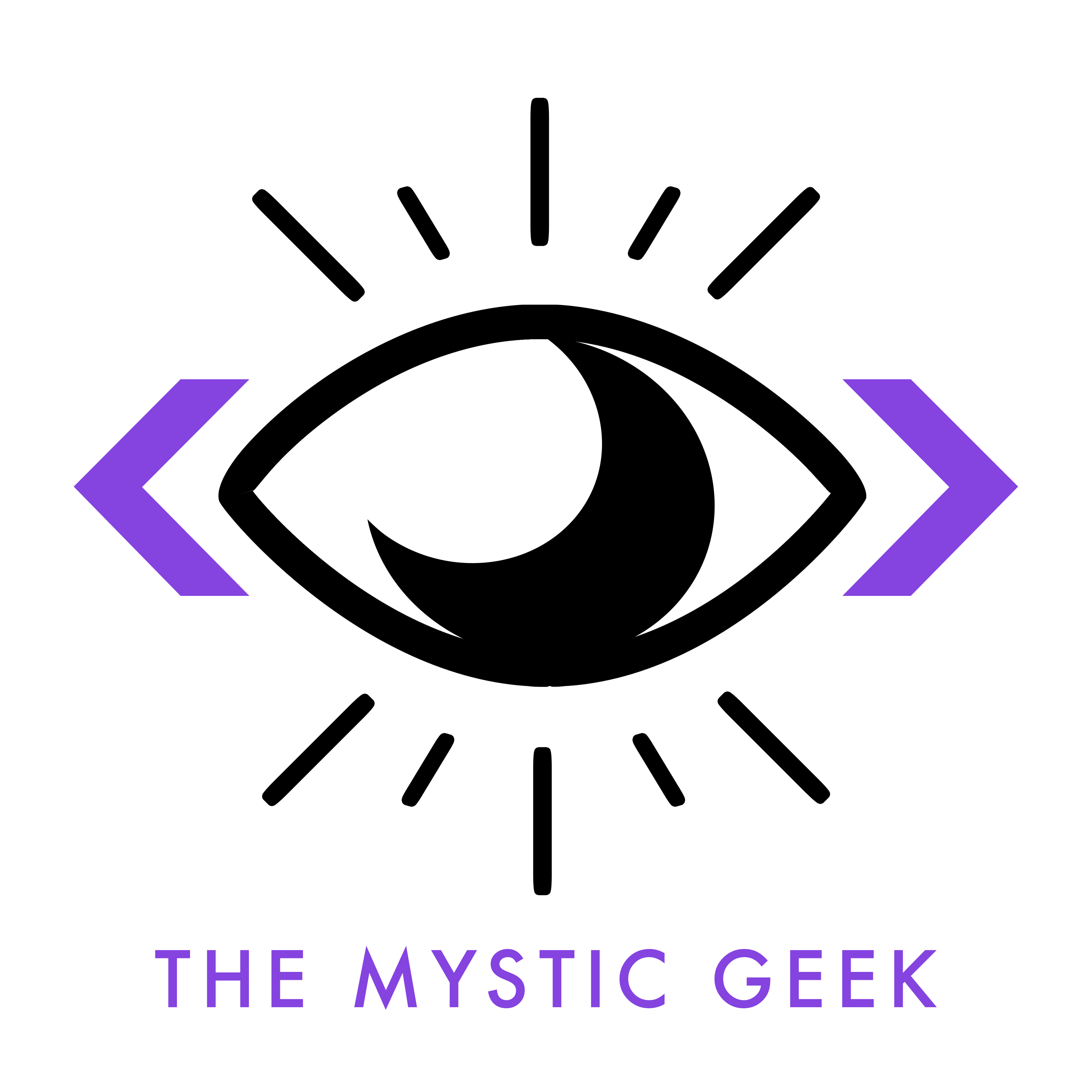Imagine this.
You find yourself standing in line at a coffee shop, eagerly awaiting your favorite indulgence to help pass the upcoming 8 hours of cubicle monotony. Luckily, you've reached the pick-up stage of your Java journey, meaning just a few minutes left to endure before you can indulge.
As you ponder your plans for the day - meetings upon meetings - you catch snippets of an animated conversation about a familiar term, though one that falls into the realm of "woo-woo".
Succumbing to the belief that you must be productive every waking moment, you seize the opportunity of being on a social media app to tap on the "search" icon. With a few more taps, you reach out to social networks of Instagram, TikTok, Pinterest, Tumblr, and others - because let's face it, Google is practically obsolete now, right? Immediately, you are bombarded with an overwhelming flood of photos and videos.
An individual boasting expertise on a particular subject overwhelms you with a plethora of information...
...yet half of what they shared contradicts another content creator who also asserts their knowledge.
At this point you wonder whether to keep scrolling, repeat this cycle on another website, or go to your favorite bookshop to buy yet another book for your to-read pile.
Since you're already scrolling on social media, you tap on the "search" button, type in what you heard, and tap again to ask the Internet for more information (we rarely use Google anymore, right?) You're immediately bombarded with photos and videos - some seemingly informational, yet they conflict with other posts' information. What's real and what's not?
Enter the Woo-opedia, created by The Mystic Geek for their fellow mystic geeks. We're sharing our 20+ years of knowledge (and some of our favorite resources) to help you navigate the world of the "woo". Yes, I know some find that term derogatory, but we're all about reclaiming words here. We also take ourselves too seriously.
